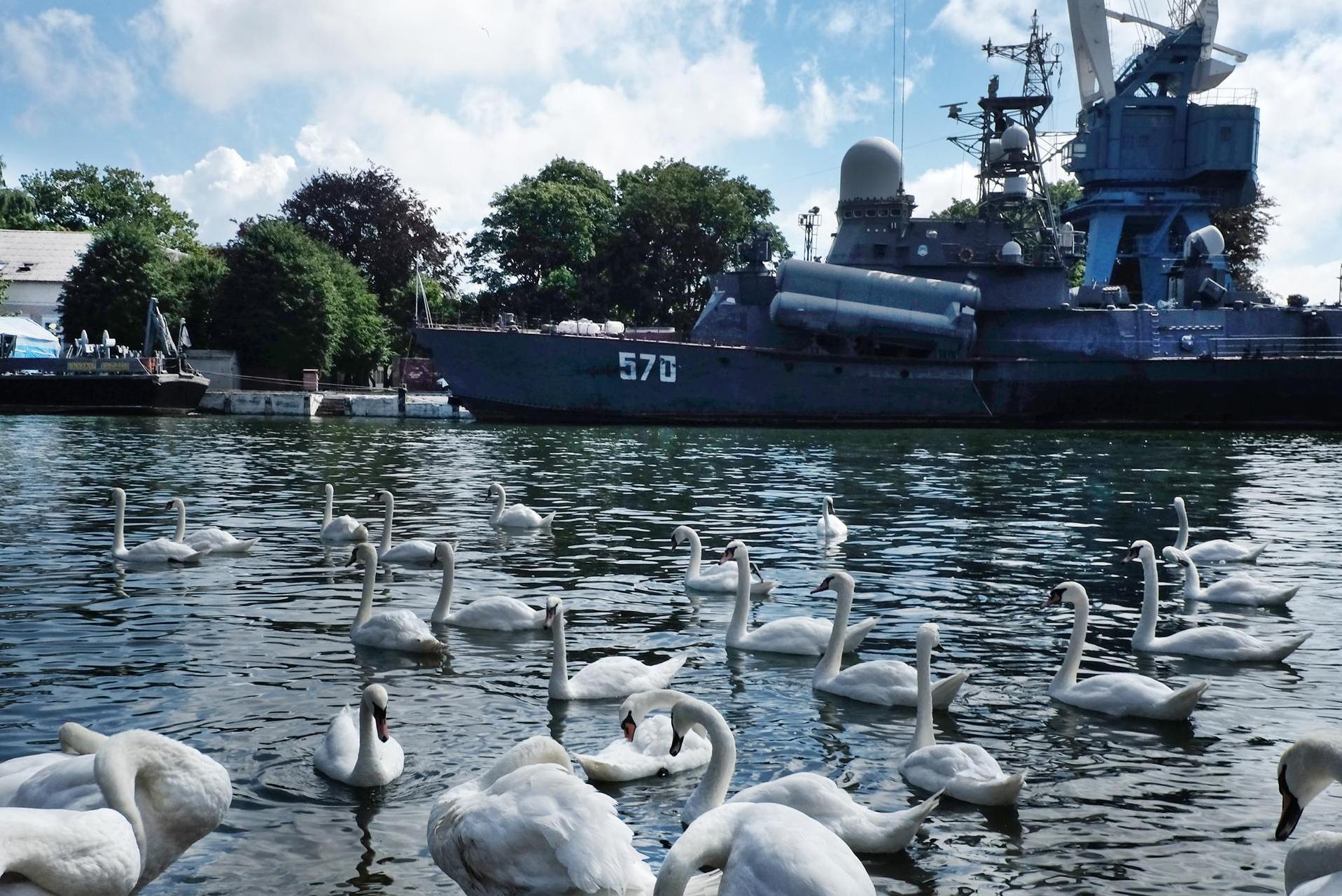Since Saturday, a ban on the transit of goods to the Russian exclave of Kaliningrad has been in force in Lithuania. These are goods that are subject to European Union sanctions. “This is in violation of international law,” it sounds displeased in Moscow.
Kaliningrad, a piece of Russia that lies between Poland and Lithuania on the Baltic Sea, is a strategically important place for Russia. Russia also has the headquarters of its Baltic Fleet there. The news of a ban on the transit of goods towards Kaliningrad was announced Friday in a video by Anton Alikhanov, governor of the Russian region.
The EU sanctions apply, among other things, to freight trains involving coal, metals, construction materials and advanced technology. According to Alikhanov, the new measure would affect about 50 percent of the goods that Kaliningrad imports.
Ferries inlaid
The start of the ban would be immediate, and was confirmed by the Lithuanian state railway service, which was forced to provide “clarification” in a letter to its customers. The letter explained, among other things, how the European Commission’s mechanism for applying the sanctions works.
Alikhanov urged citizens not to engage in panic buying, saying two ships are already carrying goods between Kaliningrad and St. Petersburg, with seven more to be added by the end of the year. “Our ferries will be able to handle all cargo,” said the governor.
A spokesman for the Lithuanian railway service confirmed the contents of the letter, but declined to comment further. The Ministry of Foreign Affairs did not respond either. Lithuanian Deputy Foreign Minister Mantas Adomenas only told the public broadcaster that “his institution is awaiting clarification from the European Commission on the application of European sanctions to freight transport in Kaliningrad”.
According to the German newspaper Stern, the Kremlin is displeased with the restrictions imposed. “The blockade violates international law,” the deputy head of the Russian Federation Council, Konstantin Kosachev, wrote on his Telegram channel.
Kosachev refers to the EU-Russia Partnership Agreement that states that neither side will disrupt the other’s transit. “If things continue like this, the West will probably soon question the freedom of the seas and block access to Kaliningrad by sea,” it said.
